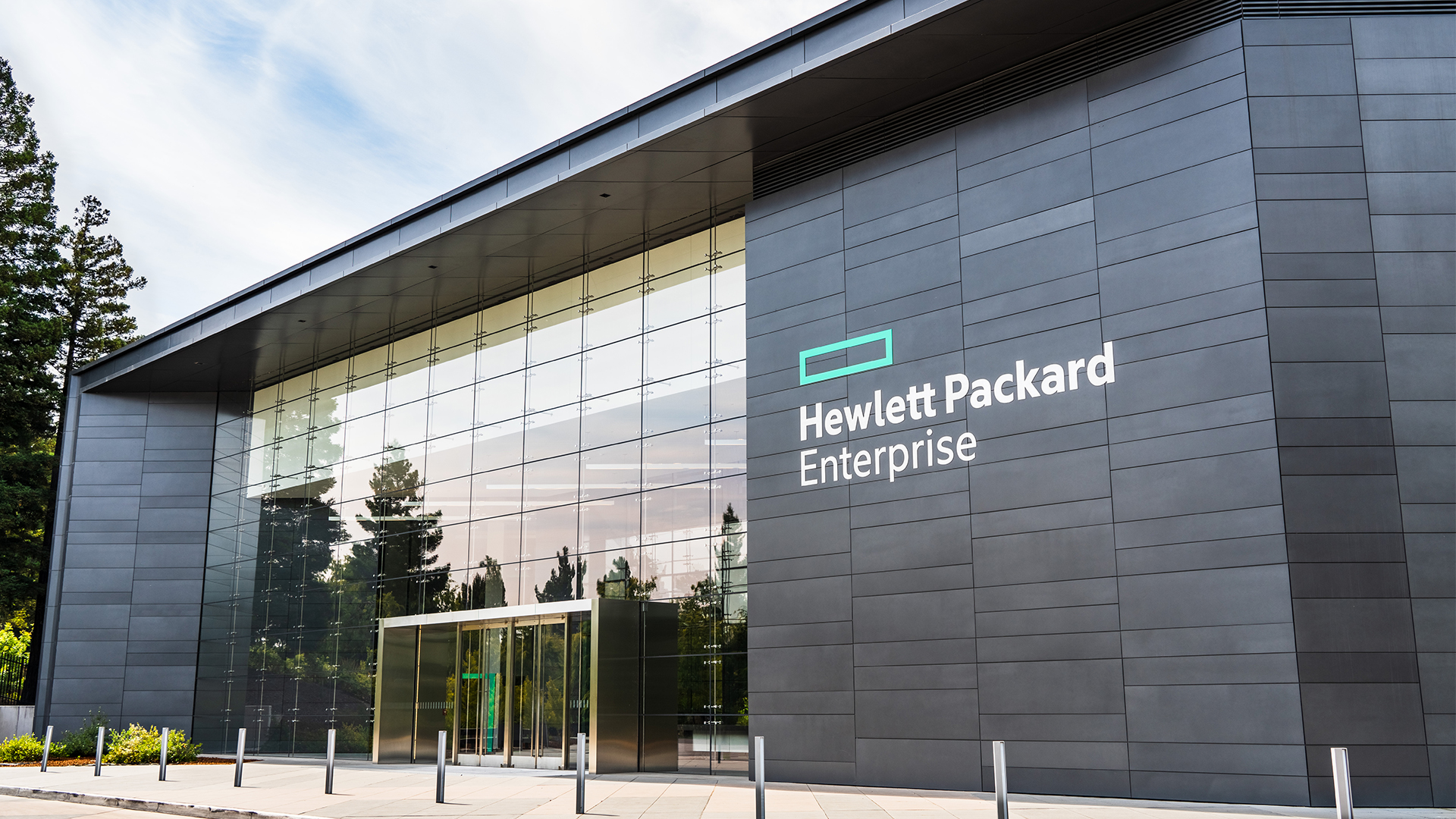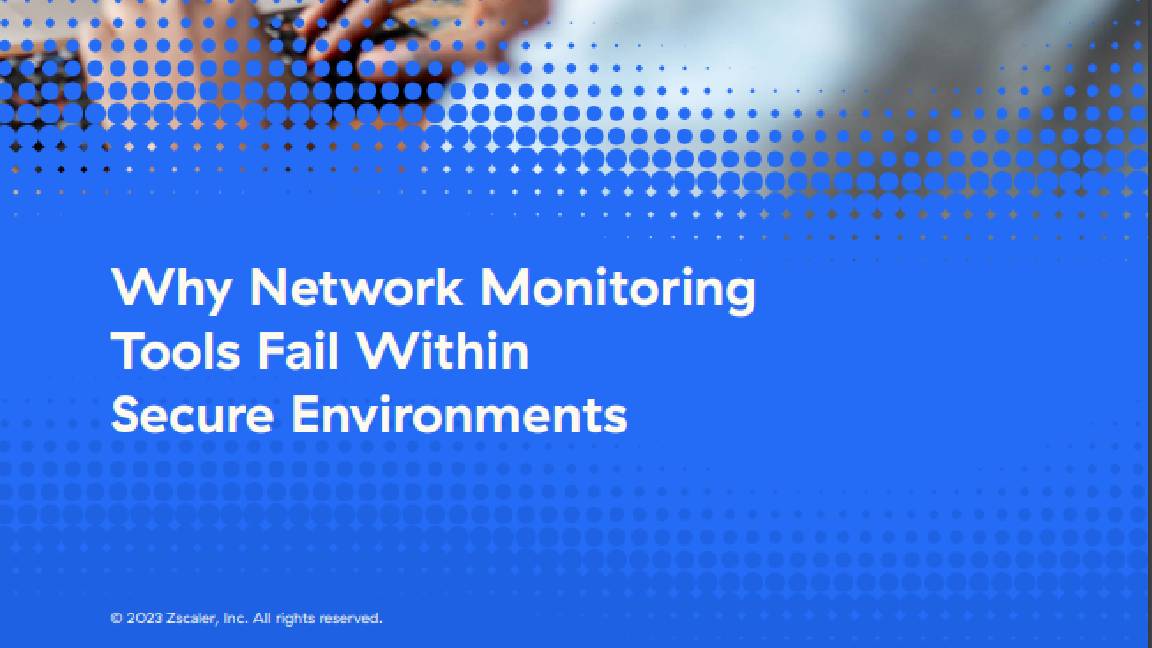Gatekeeping the internet: Is UK net neutrality under threat?
As Ofcom reviews the UK's net neutrality regulations, we explore whether the web is a level playing field for all businesses


This article originally appeared in issue 22 of IT Pro 20/20, available here. To sign up to receive each new issue in your inbox, click here
Often referred to as the 'open internet', the web as we know it today is based on the principle that all traffic should be treated equally, and that every piece of data that passes over a network has the same value.
Digital rights activists have vocally defended net neutrality since the web’s inception, while internet service providers (ISPs), by contrast, have long lobbied for this principle to end. Many, indeed, are fearful that ISPs already manage traffic over their networks, awarding some packets more bandwidth than others.
Rules that block this practice, however, already exist in the form of the EU’s Open Internet Access Regulation 2015, which was enshrined into UK law in 2016, and reinforced by the European Union (Withdrawl) Act 2018. These rules aim to protect users while guaranteeing a level playing field for service providers and innovators, with Ofcom tasked with enforcing these principles. The status quo may soon change, however, with the regulator launching a review into how the UK’s net neutrality framework is working, and whether COVID-19 has spurred any need for change.
The price of access
The head of public affairs with the Internet Service Provider Association (IPSA), Andrew Kernahan, backs Ofcom’s call for evidence, suggesting it’s also a wise move following Brexit. “As well as looking at the changing internet dynamics, such as the concentration of a small number of large platforms or the size of gaming updates,” he tells IT Pro, “it should also look at where the current rules may actually act as a brake on the ability of providers to support customers.”
ISPs have long criticised the way net neutrality limits their capacity to optimise the traffic they carry, with companies like BT and Zen regarding it as needless oversight. In March, for example, the CEO of BT’s consumer brands, Marc Allera, reignited the net neutrality debate by suggesting it imposed restrictions on ISPs’ capacity to service the population during COVID-19 – a period of heavy traffic.
He argued that zero-rating, the practice of applying a price of zero to the traffic associated with a particular site, such as educational platforms like BBC Bitesize, was incompatible with net neutrality arrangements. This is because zero-rating attracts much higher traffic to those sites, and drives up costs for ISPs. This practice, Allera added, is unsustainable unless net neutrality rules are adjusted so ISPs can allocate those packets more bandwidth.
Sign up today and you will receive a free copy of our Future Focus 2025 report - the leading guidance on AI, cybersecurity and other IT challenges as per 700+ senior executives
COVID-19 highlighted how ISPs came under immense pressure to maintain their services across the UK, with Zen suggesting internet usage surged 78% between March 2020 and March 2021. The shift to mass remote working, too, saw daytime internet access traffic increase by three-quarters, with these figures suggest the playing field for internet access is changing.
Katharine Trendacosta, associate director of policy and activism with the Electronic Frontier Foundation (EFF), however, believes maintaining net neutrality is critical as we move into a post-pandemic world. “What the pandemic has shown is that net neutrality is even more important than it was five years ago,” she tells IT Pro. “We not only need network access we also need the ability to access whatever we need without interference from our service providers.
“What if service providers decided to charge extra for high-speed access to Zoom? Or decide to slow down Zoom access in favour of speeding up access to their own video chat service? In the former, you have people with fewer means without the same level of access. Net neutrality goes beyond the classic concerns of blocking, throttling, and paid prioritisation. It includes any choice a service provider makes regarding access that isn't reasonable network management.”
Gatekeepers of the web
The usage landscape is hugely varied. Massive data users, including content streaming services like Netflix or YouTube, have the commercial clout to demand more bandwidth, which they can afford. A technological divide remains, however, with digital exclusion continuing to pose a barrier to access to essential online services. Nesta research suggests a million adults across Wales and Scotland struggle to afford sufficient access to the internet, for instance.
As enterprises embrace technologies like 5G, edge computing, and the Internet of Things (IoT), meanwhile, a fast and reliable internet connection underpinning these services is more important than ever. With businesses and ISPs pushing to ensure their packets of information are given higher priority, it puts the core principle of net neutrality under immense pressure. Preserving net neutrality, however, is also about preserving our way of life, Trendacosta adds.
“Even before the pandemic, we saw that net neutrality was intertwined with public safety,” she says. “For example, during the largest wildfire in California history, a fire department found its internet access being throttled despite having an ‘unlimited’ plan. Santa Clara County stated that this “had everything to do with net neutrality”. During the pandemic, usage has spiked, obviously. But the other part of it was that a whole lot of us suddenly found ourselves forced to use certain online services to work, learn, or talk to our healthcare professionals. ISPs being able to leverage that need by charging more for access to either consumers or services would have been catastrophic.”
Shifting sands
In its review, Ofcom will consider how the rules can best serve users’ interests while promoting access and choice and allowing businesses to innovate. The way in which businesses and consumers access the internet has changed drastically since the EU’s Open Access Regulation came into force, with ISPA’s Kernahan explaining a balance must now be struck to alleviate the pressure placed on network providers.
“The UK broadband market is highly competitive, and scores of providers are investing more than £30 billion to upgrade our broadband infrastructure as data consumption rises each year,” he says. “The market needs to be supported by a regulatory framework that supports investment. Yet, we also have a two-sided market where operators benefit from content platforms, particularly to encourage customers to upgrade to newer gigabit-capable packages.”
The continued expansion of cloud computing and the plethora of hosting services that rely on fast and reliable access to the internet has highlighted the value inherent in each packet of data. With Ofcom’s findings not expected until Spring 2022, it remains to be seen whether the UK’s net neutrality landscape will shift to such an extent that ISPs assume the role of the gatekeepers of the internet.
David Howell is a freelance writer, journalist, broadcaster and content creator helping enterprises communicate.
Focussing on business and technology, he has a particular interest in how enterprises are using technology to connect with their customers using AI, VR and mobile innovation.
His work over the past 30 years has appeared in the national press and a diverse range of business and technology publications. You can follow David on LinkedIn.
-
 What is Microsoft Maia?
What is Microsoft Maia?Explainer Microsoft's in-house chip is planned to a core aspect of Microsoft Copilot and future Azure AI offerings
-
 If Satya Nadella wants us to take AI seriously, let’s forget about mass adoption and start with a return on investment for those already using it
If Satya Nadella wants us to take AI seriously, let’s forget about mass adoption and start with a return on investment for those already using itOpinion If Satya Nadella wants us to take AI seriously, let's start with ROI for businesses
-
 Russian hackers are using an old Cisco flaw to target network devices – here’s how you can stay safe
Russian hackers are using an old Cisco flaw to target network devices – here’s how you can stay safeNews With the aim of carrying out espionage, Russia's Center 16 is targeting infrastructure organizations around the world
-
 HPE eyes enterprise data sovereignty gains with Aruba Networking Central expansion
HPE eyes enterprise data sovereignty gains with Aruba Networking Central expansionNews HPE has announced a sweeping expansion of its Aruba Networking Central platform, offering users a raft of new features focused on driving security and data sovereignty.
-
 Fortify your future: How HPE ProLiant Servers deliver top-tier cyber security, management, and performance
Fortify your future: How HPE ProLiant Servers deliver top-tier cyber security, management, and performanceWhitepaper Deploy servers with a secure approach
-
 Fortify your future with HPE ProLiant Servers powered by Intel
Fortify your future with HPE ProLiant Servers powered by IntelWhitepaper Enhance your security and manage your servers more effectively
-
 Architecting enterprise networks for the next decade
Architecting enterprise networks for the next decadeWhitepaper A new paradigm in network architecture
-
 Why network monitoring tools fail within secure environments
Why network monitoring tools fail within secure environmentsWhitepaper Gain visibility into devices, networks, and applications
-
 Better together: HPE Aruba Networking CX switches and HPE Aruba Networking Central
Better together: HPE Aruba Networking CX switches and HPE Aruba Networking CentralWhitepaper Explore the power and simplicity of managing HPE Aruba Networking CX Switches with HPE Aruba Networking Central
-
 Cyber-resilient infrastructure starts with server security
Cyber-resilient infrastructure starts with server securitywhitepaper Take a security-focused approach when investing in the next wave of IT infrastructure.
